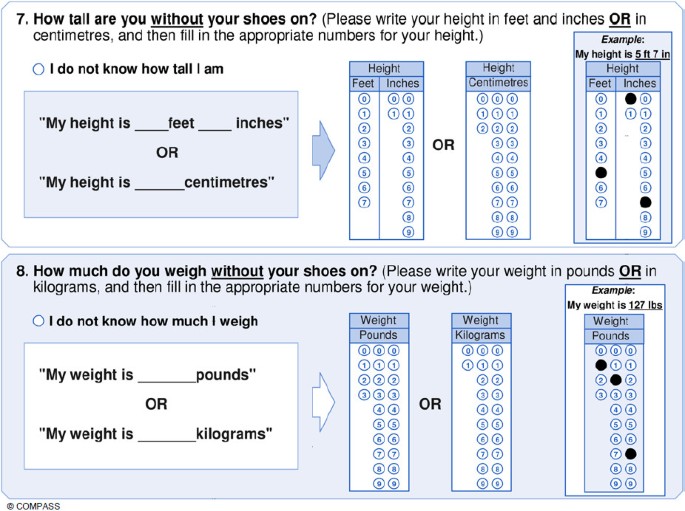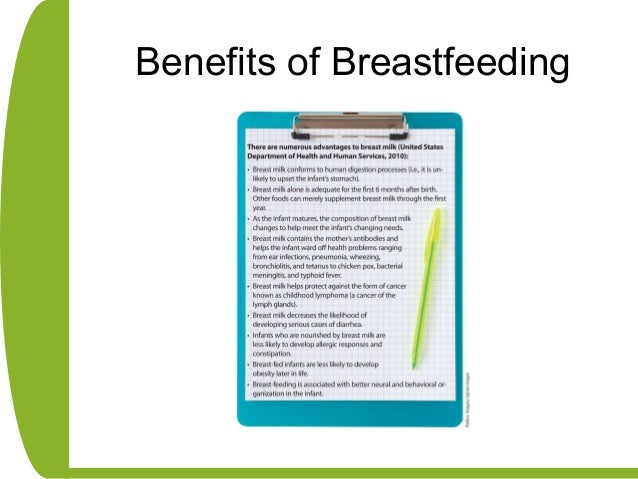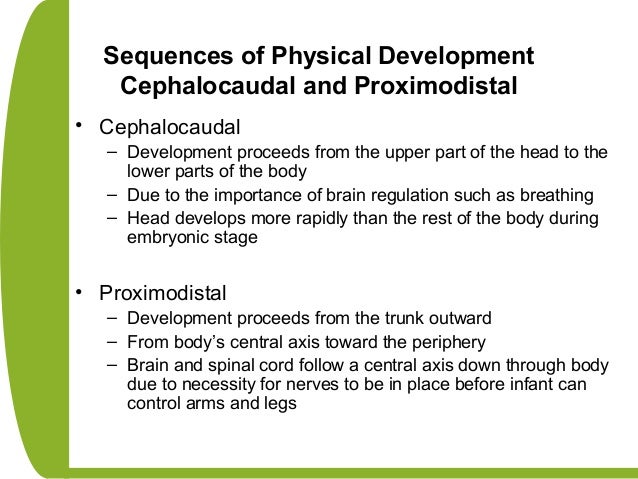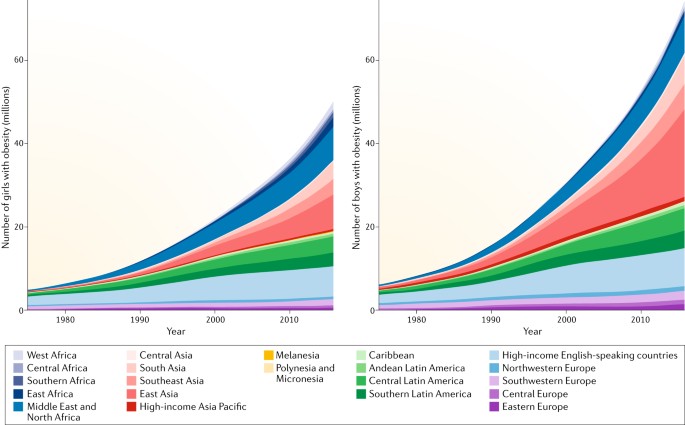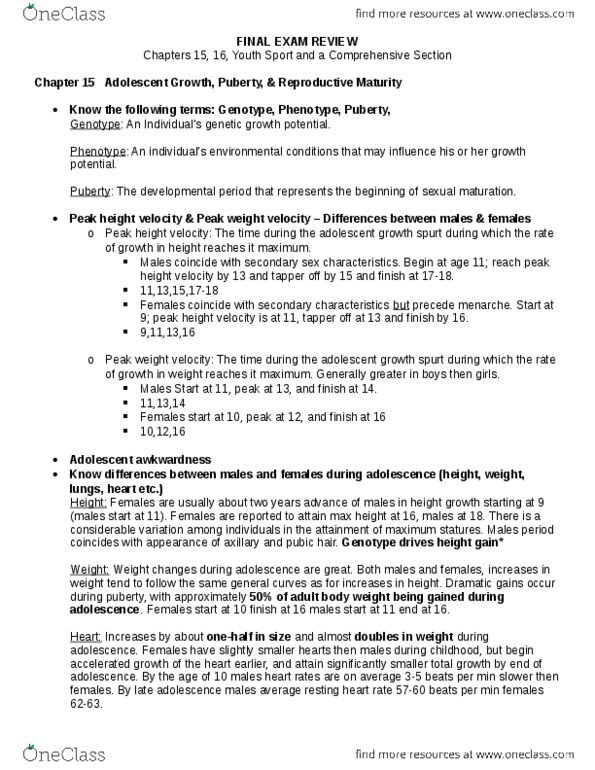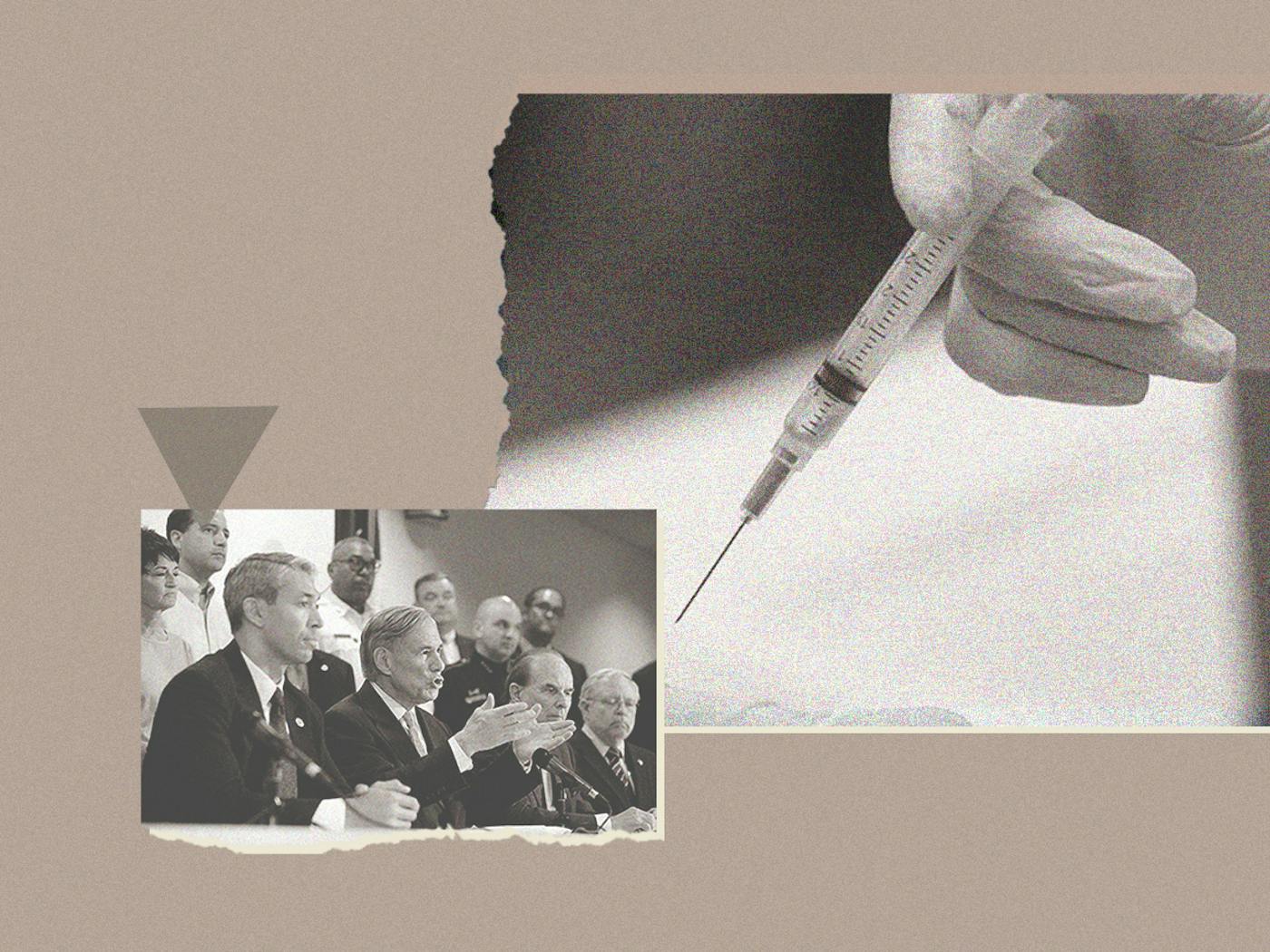The most dramatic gains in height and weight occur during the first year of life. The most dramatic gains in height and weight occur during the first year of life.
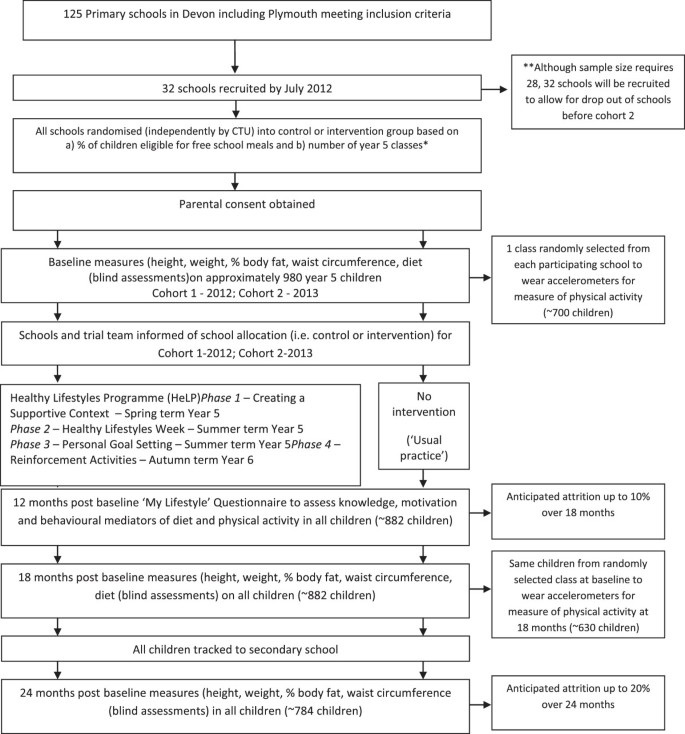
The Healthy Lifestyles Programme Help A Novel School Based
The most dramatic gains in height and weight occur. Babies show preference for looking at human faces. The point at which the adolescent is growing most rapidly. Growth in weight and height from ages 2 11. It depends upon postnatal nutrition levels. For boys peak height velocity averages about 4 inches per year. Why is the head disproportionately large during infancy and childhood.
The most dramatic gains in height and weight occur. Growth patterns in height and weight. Infants gain 4 to 7 pounds during 2nd year. Infants double birth weight in about 5 months and triple weight by the first birthday. The most dramatic gains in height and weight occur. Most dramatic gains in height and weight occur during prenatal development.
By about four months. Because the brain is essential for all other growth. Which is most likely to have occurred to cause mental retardation. For girls its about 35 inches. During the first year of life. Only about 5 percent of the time.
The most dramatic gains in height and weight occur during prenatal development. Height increases by 50 during first year. Babies pull up their legs and arch their back as a reaction to sudden noises. Kiley a 5 month old infant refuses to eat and has not gained any weight in 2 months kiley. It depends upon whether the child was born prematurely. It occurs because of the pairing of two stimuli to produce a response.
Peak height velocity. It occurs as a result of innate processes. It occurs because of the mental evaluation of a situation. Infants grow 4 to 6 inches during 2nd year. The most dramatic gains in height and weight occur during. Most dramatic gains in height and weight occur.
Prenatal development an individual develops mental retardation due to a disorder called pku. The dramatic increase in height and weight that occurs during puberty. It occurs as a result of the effects a behavior causes.




